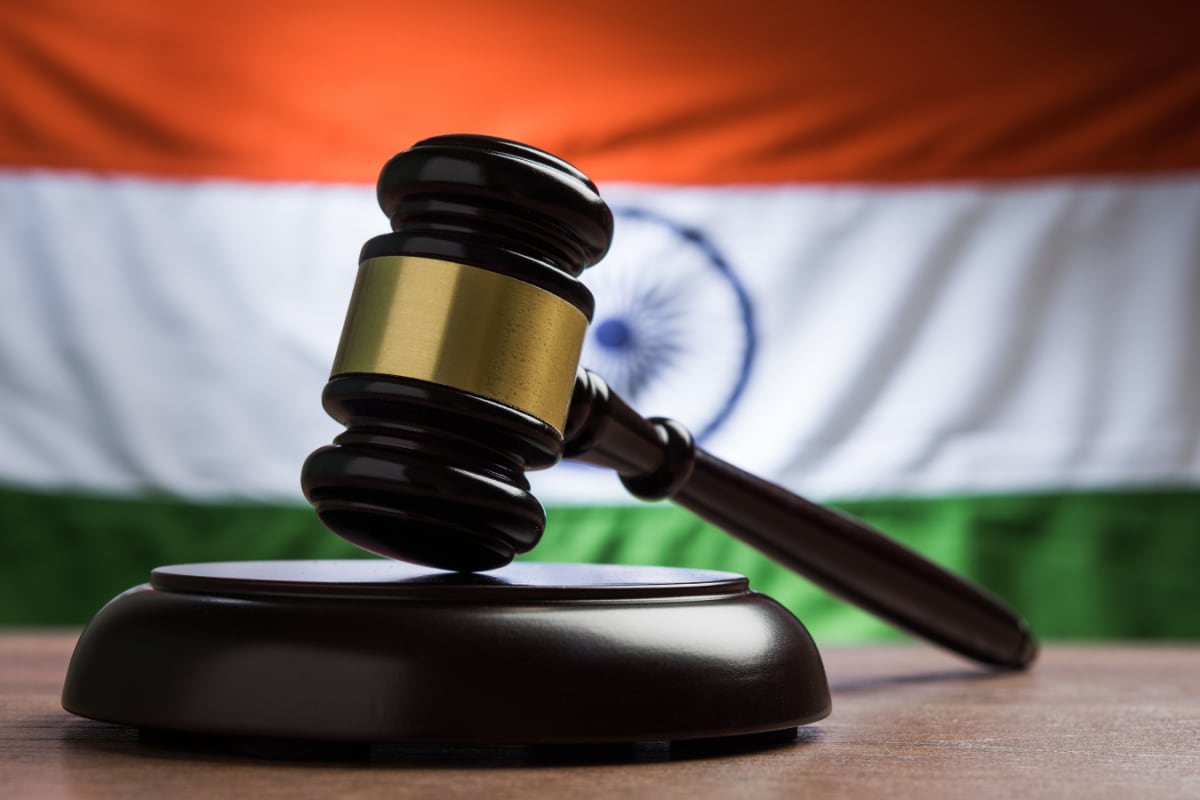

The Madras High Court has recently reiterated that using a residential property as a prayer hall is not a matter of right and requires prior permission from the relevant authorities. Justice N. Anand Venkatesh delivered the ruling while hearing a petition filed by Pastor L. Joseph Wilson from Tiruvarur district, who sought to overturn a 2024 order by the local tahsildar that had sealed his house to prevent prayer gatherings.
The case originated from a complaint filed by neighbors regarding prayer meetings conducted at Pastor Wilson's residence. Following an inquiry by the local police, Pastor Wilson applied for building approval to construct a church on the premises, but the application was rejected. Subsequently, a notice was issued, directing him to cease the prayer meetings within ten days, which led to the sealing of the property.
In his defense, Pastor Wilson, who manages the "Word of God Ministries Trust," argued that Article 25 of the Constitution guarantees the freedom to profess, practice, and propagate religion, encompassing private worship even within one's home. He assured the court that the prayer meetings were conducted peacefully without loudspeakers or microphones. However, the court emphasized that the issue extended beyond the use of loudspeakers and that converting a house into a prayer hall necessitates proper permission from the authorities.
Justice Venkatesh cited relevant legal precedents, including the case of T. Wilson v. Collector (2021), to clarify that obtaining permission from the concerned authority is mandatory to conduct prayer meetings in a hall. The court underscored that even religious activities must adhere to zoning and building regulations, and no exemption can be claimed merely based on religious freedom.
The court directed the tahsildar to remove the seal on the property, provided it is not being used for prayer meetings. However, it affirmed that if Pastor Wilson wishes to formally convert the building into a prayer hall, he must obtain the necessary approval from the district collector. The authorities are entitled to take legal action if the premises are used for prayer meetings without such permission.
The High Court's decision underscores the importance of balancing religious freedom with adherence to civic regulations and orderly land use. While individuals have the right to practice their faith, this right is not absolute and must be exercised in a manner that does not infringe upon the rights and peace of others. The ruling clarifies that using a residential property for regular religious gatherings requires prior approval to ensure compliance with planning and municipal laws.